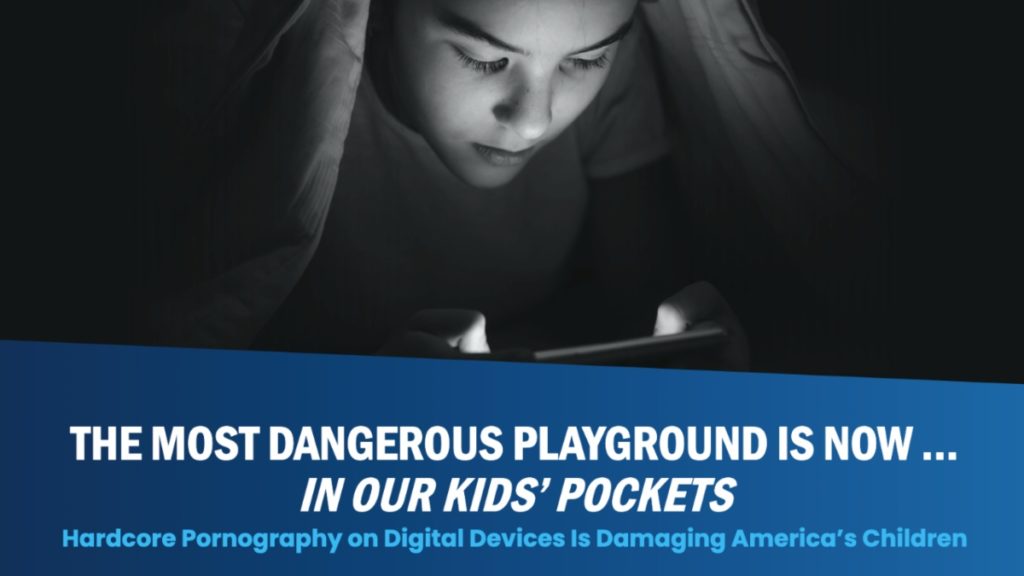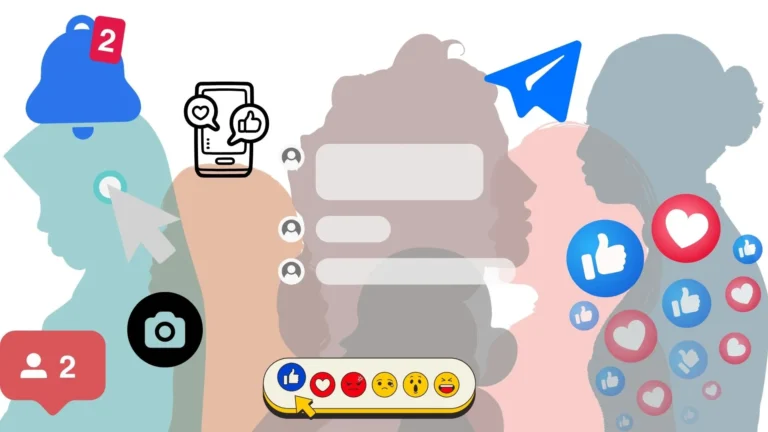On January 1st, history was made when the first law in the U.S. requiring pornography sites to verify the age of users, and therefore prevent children from being exposed to pornography, went into effect. House Bill 142 (now Act 440), passed in Louisiana, was sponsored by Rep. Laurie Schlegel with bipartisan support.
Passage of HB 142 is a momentous victory. While U.S. law has long held that pornography must not be distributed to individuals under 18-years-old, until now, this principle has not been applied in the online world.
Although pornography vendors are required to ask for ID of anyone purchasing a pornographic magazine or DVD, there was previously nothing holding pornography websites accountable to verify the age of online users. Online, any child could access hardcore pornography that depicts violent and discriminatory acts.
This contradiction between pornography regulation in the online and offline worlds is a baffling and unacceptable gap in U.S. law – and Louisiana has stepped up as the first state to resolve it!
Age Verification is Not a Threat to Personal Privacy
A common concern raised about the Louisiana age verification law, and age verification legislation in general, is that it is supposedly a threat to the personal privacy of adult pornography consumers. Not true.
Robust methods for online age verification exist which are very adept at safeguarding personal privacy. The new law explicitly states that websites and third parties which perform age verification “shall not retain any identifying information of the individual after access has been granted to the material.” No data about the user is kept, except for the single fact that they are over age 18.
Louisiana has implemented digital identity technology that allows verifiers to accurately identify the age of an individual, while allowing the individual to remain in control of what data they share.
HB 142 does not prescribe a single age verification method but leaves it open to any reasonable method that meets a set of minimum standards, whether it be an in-state or out-of-state product. Therefore, the law is not burdensome for businesses and does not violate the dormant commerce clause. The requirement is the same for any website that targets Louisiana consumers and is similar to age verification required for online alcohol sales or gambling.
One example of a method that does not require ID is technology that estimates age based on the biometrics of the user’s face. The technology is different from facial recognition – it does not identify the face; the sole function is the estimation of age. The image or the biometrics of the face are not stored. This method is therefore analogous to a cashier judging by a customer’s appearance whether they are over 18.
There are also age verification methods which employ in-person verification, so that it is the same as having one’s age verified in a shop. For example, in France, an individual can go to the local corner store, present an ID, then receive a token that can be used to access age-restricted websites (including but not limited to pornography websites). The token is not linked to any personally identifiable information.
NCOSE’s Public Policy Team and Law Center assisted Louisiana legislators by providing a legal analysis of HB 142 to ensure it passed Constitutional muster by appropriately safeguarding privacy and not placing undue burden on the adult user or on the business.
Why Age Verification is Important: Scientifically Proven Harms of Underage Pornography Exposure
Age verification legislation is crucial, considering that pornography has been linked to a variety of mental, social, and sexual harms to adolescents.
Several studies demonstrate pornography consumption is associated with both verbal and physical sexual aggression among adolescents. It has also been linked to more sexist attitudes and gender-stereotypical sexual beliefs.
Adolescent pornography consumption is associated with poor self-image, increased insecurity, lower life satisfaction, psychosomatic symptoms, depressive symptoms, suicidal ideation, and suicide attempts.
Pornography does not depict safe sex practices and research has found that adolescent pornography consumption is associated with having unprotected sex, among other risky sexual behaviors.
Learn more about the research proving pornography’s harms to children by reading our flyer “The Most Dangerous Playground.”

Beyond Louisiana: The Need for Federal Age Verification Legislation
We could not be more thrilled at the ground-breaking passage of HB 142, now Act 440. We hope to see similar age verification legislation passed at the federal level!
In the 117th Congressional session, Senator Mike Lee introduced a federal age verification bill, called the Shielding Children’s Retinas from Egregious Exposure on the Net (SCREEN) Act. This is the first time a federal age verification bill has been introduced in the U.S.
Slowly but surely, legislators are realizing the extensive harms that widespread accessibility to internet pornography poses to our children and are pursuing real solutions!


